News
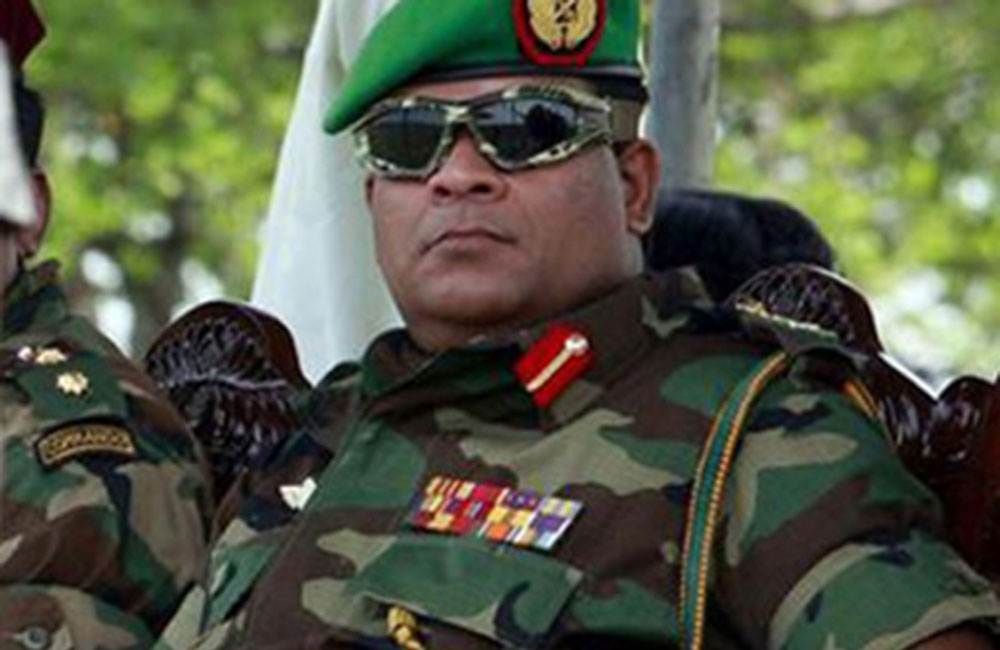
6 month service extension for Maj. Gen. Shavendra Silva
President Maithripala Sirisena has decided to give a 6-month service extension to the Army's second in command and Chief of Staff, Major General Shavendra Silva, as he is due to retire from active service on June 21, upon reaching the age of 55, sources from the Presidential Secretariat say.
Sources added that Shavendra Silva will receive his extension in the same manner as the former Chief of Staff of the Army, Major General Dampath Fernando. Accordingly, Silva has received approval to continue in his current position until November 21.
The extension given to Army chief Lt. Gen. Mahesh Senanayake by President Sirisena will also expire on the 18th of August, this year.
Major General Sathyapriya Liyanage, the person who is generally viewed as the successor to current Army chief Senanayake, is also scheduled to retire on November 21, upon reaching the age of 55.
The last person to receive a service extension after reaching the age of 55 was Field Marshal Sarath Fonseka, during his tenure as the Army commander.
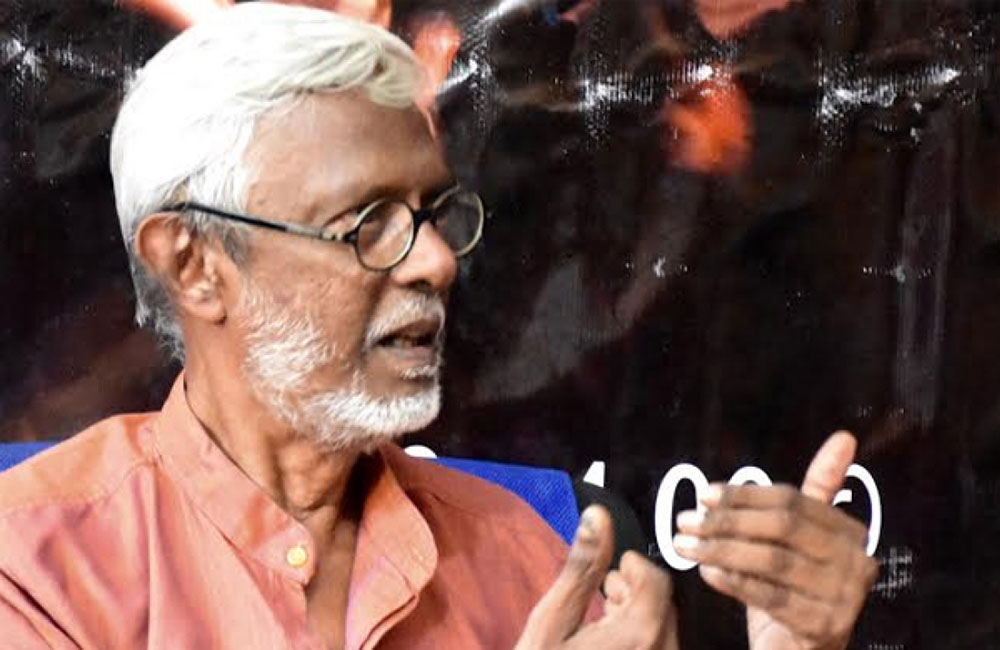
ICCPR law used to suppress journalist Kusal Perera
Sri Lanka Free Media Movement has condemned the use of a UN backed ICCPR law to suppress media, journalists and free expression and called on all stakeholders to intervene.
Sri Lanka's Free Media Movements, a media rights group said police organized crime division is trying to prosecute Kusal Perera, a senior journalist who wrote a column in Sri Lanka's Daily Mirror newspaper over recent anti-Muslim violence.
"Kusal Perera, has been engaged in journalism for a long time in both the Sinhala and English media and has been recognized as a socially responsible professional journalist both locally and internationally," the Free Media Movement said in a statement.
"The Free media Movement points out that this effort by the Police is a serious threat to the freedom of expression and media and the pursuance of legal action under the ICCPR Act which includes provision to disallow bail, based on a complaint of an individual regarding the article published by a veteran journalist in a recognized print media, is a dangerous precedent.
"The Free Media Movement urges all relevant stakeholders to intervene in averting this situation and for everyone who respect human rights to come forward to defeat such actions against the Freedom of expression and media freedoms.
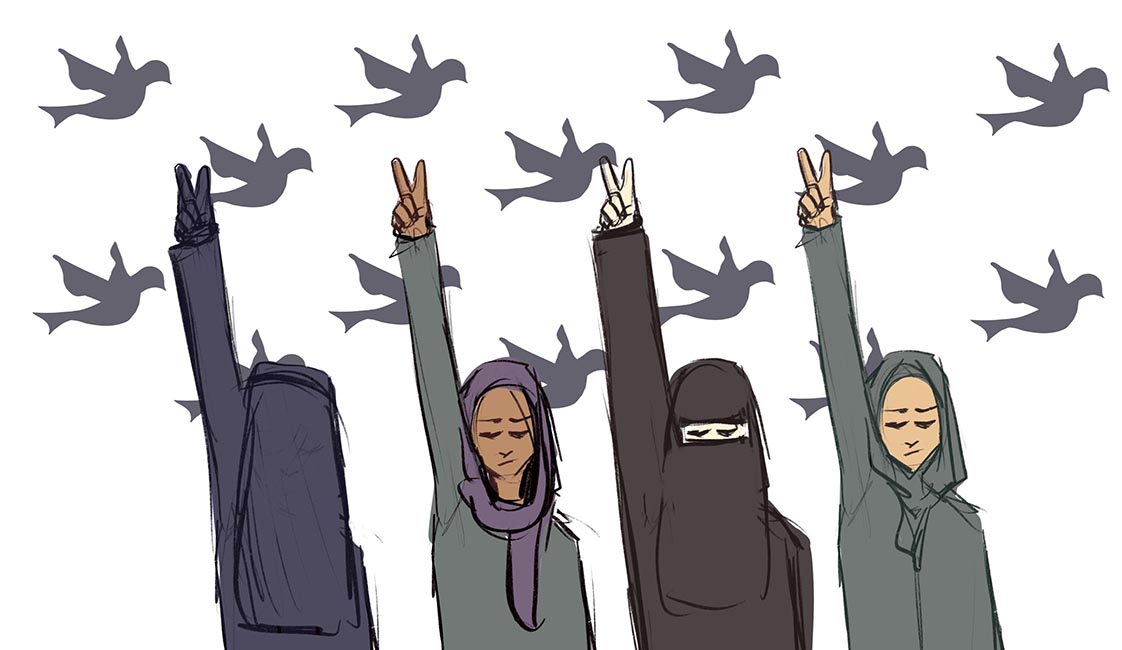
The Muslim Sri Lankan Population: Debunking Myths & Phobias
- SL Muslims have the highest population growth rates
- SL Muslims have large families
- SL Muslims do not practice family planning
- The percentage of SL Muslims in the total population is steadily increasing
- SL Muslims are wealthy
- Muslim Males can have four wives simultaneously
- Muslims have high fertility rates
- Islam is the fastest growing religion in the World
Although many Muslims have attempted to address this issue and allay such fears, it continues to persist and is made use of by various racist elements and groups to foment and aggravate anti-Muslim sentiments to achieve their own political, economic and social goals.
Therefore, based on official Government Population Statistics for the past 130 years, there is absolutely no reason whatsoever for the Buddhist Community to harbor even an iota of concern, apprehension or fear that they will be reduced to a minority by the Muslims in Sri Lanka.
The Future Scenario : The focus then shifts to the future – specifically the population estimates based on past trends. These estimates are of two types – ‘share-based’ and ‘growth-based’.
Share-based Forecasts: This refers to the oft-quoted ‘share’ of the Total Population accounted for by the Muslim Community in Sri Lanka. The relevant share for each Census Year is given in the chart below.
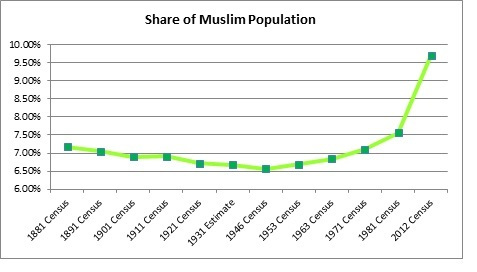
In their rush to identify the date of this catastrophic event, these ‘Analysts’ appear to have forgotten the fact that a ‘Percentage’ is merely a number or ratio expressed as a fraction of 100 and is calculated on some specific base. For example, the base could be the Population of Sri Lanka in 2011 and the proportions accounted for by the Buddhist and Muslim Communities are 70.2% and 9.7% respectively. Moreover, ‘Percentages’ are used essentially to compare the status of a single variable in two or more different bases or of multiple variables in a single base. For example, Muslims accounted for 7% of the total population in 1981 and 9.7% of the total population in 2011.
Being numerically a type of index, percentages cannot be subjected to any mathematical operation (i.e. addition, subtraction, multiplication or division) unless – and only if – such percentages refer to calculations performed on the same base. It is therefore mathematically incorrect to calculate a forecast based on trend data consisting of percentages relating to different time periods for the simple reason that whatever be the model used for estimation (i.e. Linear, Exponential, Polynomial, Moving Averages or whatever), the method will involve the use of a combination of mathematical operations.
Therefore, future population estimates cannot be based on historical ‘shares’ (or percentages) data.
Growth-based Forecasts : This refers to the use of ‘Rates of Growth’ of the different Population Groups between any two Census Years. Proponents of this method of analysis focus on the Population data for the 1981 and 2011/2012 Census. This is given in the table below.


If the growth rate of the ‘Upper’ Trend Line is less than that of the ‘‘Lower’ Trend Line, then the two lines would intersected sometime in the future. (Chart 2)
If the growth rates of the ‘‘Upper’ Trend Line and that of the ‘Lower’ Trend Line are equal, then the two lines would never intersect. (Chart 3)
In the cases of the trend lines or curves for the Buddhist and Muslim Population data, the growth rate of the ‘Upper Buddhist Line’ (1.1%) is less than that of the ‘Lower Muslim Line’ (1.9%). Therefore the two lines must intersect sometime in the future. And at that point in time, the Muslim Population would be equal to the Buddhist Population.
In order to determine the point in time when the two populations are equal, the two populations are extrapolated exponentially using the 2012 data as the base and the applying the corresponding growth rates annually. The detailed estimates at the end of every decade are given in the table below.
[The formula used to calculate the annual estimate is as follows :
Estimated Population for a specific year = Estimated Population for previous year x (1+r), where r is the rate of growth expressed in decimals.]
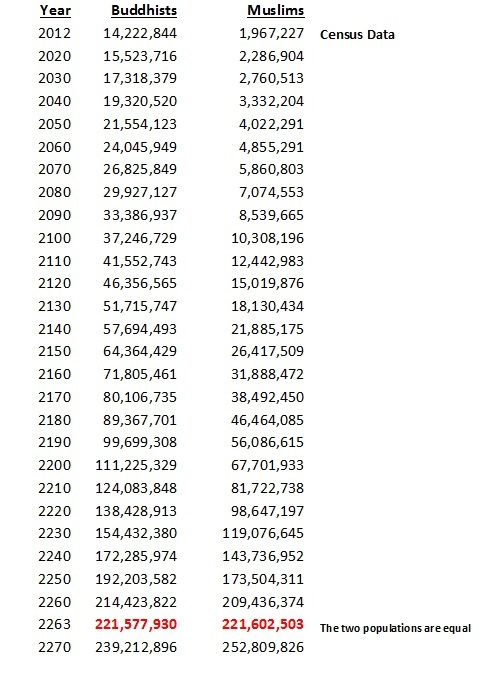
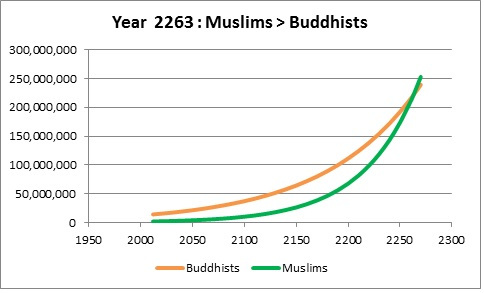
To test the credibility of this ‘Growth-based Forecasts’, similar extrapolations of population size are also developed for two other religious groups – Roman Catholics and Non-RC Christians. The relevant basic data are as follows:

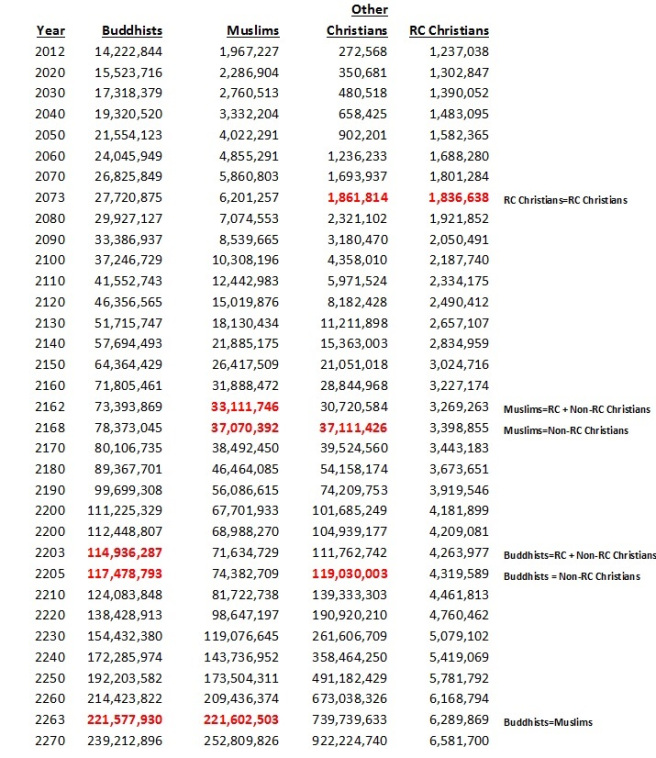
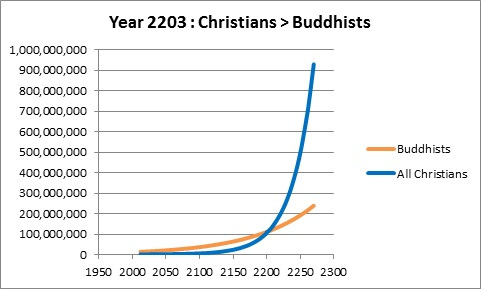
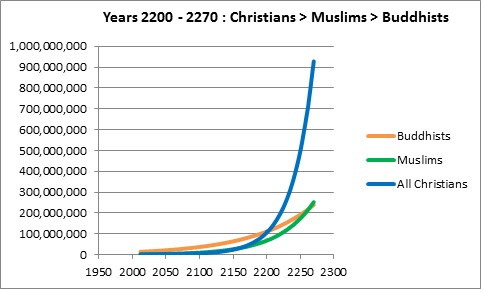
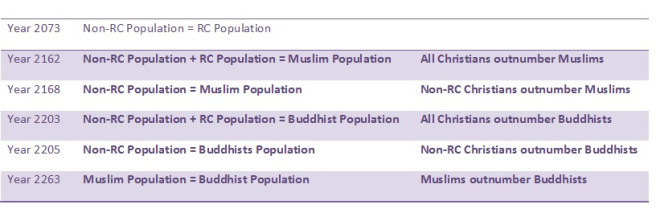
And the icing on the cake is that at this point in time (Year 2262), the Total Population of Sri Lanka will be in excess of 1.1 Billion !!! (which is the current population of India). Looks like Sri Lanka is heading for a pretty crowded future.
The very nature of such estimates reflects very strongly the crassness, stupidity and ridiculousness of estimating population sizes beyond reasonable limits of time. The purpose of introducing the two Christian Groups into the calculations was not to create problems for that Community, but merely to highlight the absurdity of using this method of estimation.
Conclusion: Based on this analysis of the Past and Future Scenarios, it is therefore concluded that the Muslim Community in no way poses a credible threat to the Majority Community of Sri Lanka with regard to population growth.
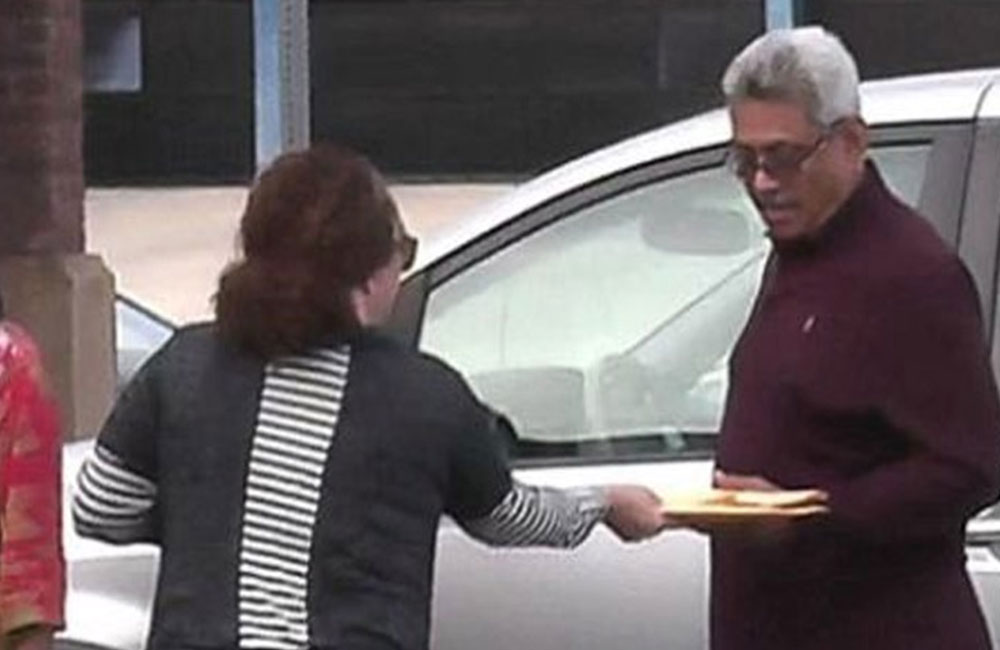
Mission to save Gota from US legal case
A secret mission to save Former Secretary of Defence Gotabaya Rajapaksa from a civil suit filed against him at a California District Court is being reported. According to sources, the move has been launched from within the Ministry of Foreign Affairs where attempts are being made to absolve him from the case by requesting the US government to grant Rajapaksa diplomatic immunity.
The only way to save him now appears to be providing him diplomatic immunity by the Sri Lankan government and informing the US counterparts through the Ministry of Foreign Affairs. However, this is in spite of the fact that Rajapaksa now holds no official post in the Sri Lankan government.
But if such a move is taken, it will eventually be up to the Judge to decide if to proceed with the case. Sources say the move to save Rajapaksa from the allegations have been launched with the blessings of both President Maithripala Sirisena and Prime Minister Ranil Wickremesinghe.
Lasantha Assassination
Justice and Respondents Contribution is providing legal aid to one of the cases filed by Ahimsa Wickrematunge in April 2019. She is the daughter of slain journalist Lasantha Wickrematunge.
The case alleges that Rajapaksa is responsible for the death of Lasantha Wickrematunge and violence being perpetrated against other journalists who were critical of the former government.
It was Justice and Respondents Contribution that assisted the family of Singer Victor Jara who was killed by the dictatorship of Chile’s Augusto Pinochet and the families of Bishop Oscar Romero and other Salvadoran citizens killed by Salvador government forces to obtain justice.
Second case against Gota
Another case was also filed by Canadian Tamil Roy Samadanam. He is being supported by the International Justice and Truth Project based in South Africa. He claims he was held for three years illegally after being arrested in 2017.
Samadanam is being represented by Lawyer Scott Gilmore from leading international legal firm Hausfeld.
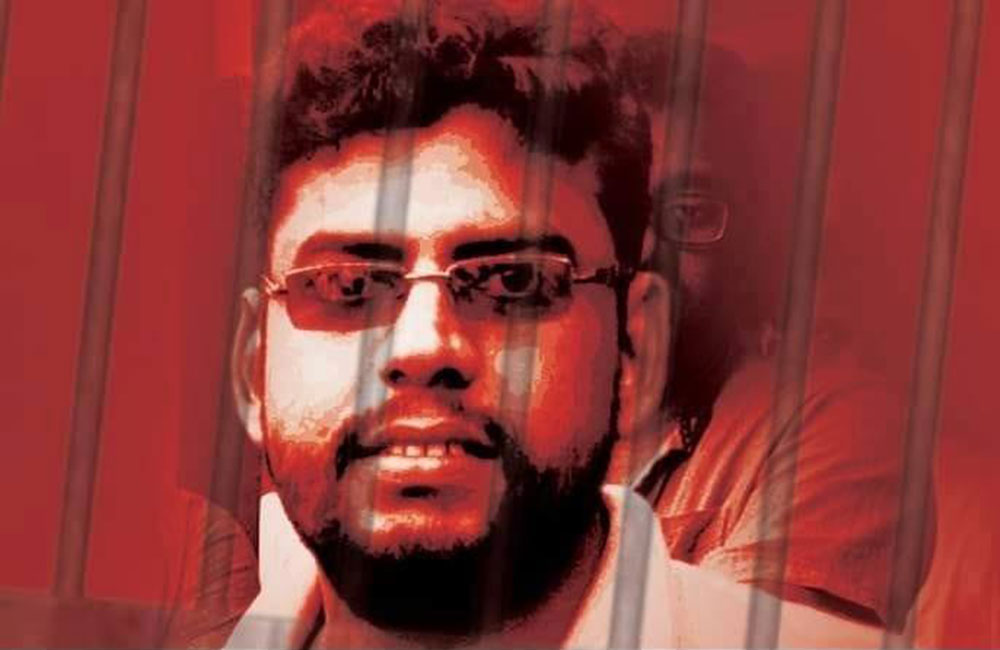
A Necessary Note: Join us at the Fort Railway Station, today (17) at 3 pm
"Shakthika Sathkumara has never ordered assailants in white vans to abduct innocents. Neither has he ever ordered for their stomachs to be gutted and thrown in the sea or the crematorium of the Borella cemetery. He has not either directly or indirectly had a hand in the bond scam. According to our knowledge, Shakthika has never engaged in anything which can be deemed as anti-social.
He is only responsible for ‘creating’. Reading this ‘creation’ written by Shakthika, a few robed individuals have been left offended. Taking it as an insult to the Buddha Sasana and themselves they have decided to initiate legal action against the author. As a result, a man whom we have never met and only known to us by name is languishing in prison.
Through his work, he has only sought to re-create a notion that many have guessed to be true. He has merely changed the angles of a well-known story to re-create yet another version of it. Perhaps he could have done it better. However, we have decided to stand for him and oppose this unjust imprisonment as creativity and re-creating a story is Shakthika’s right as an author. When I say ‘we’ I am referring to a group of ordinary citizens who merely wants to see justice done.
The remanding of Shakthika even for a day and separating him from his loved ones for merely writing something is truly a punishment. We are against this punishment meted out by the government who has joined hands with the religious authorities of this country. This punishment can never be justified. It is a punishment that may come in search for you next after having dealt with Shakthika. A majority who understood this joined us on April 4. I must thank those who supported us on the day. Your conscience which awoke at this necessary moment is the light which guides us to eventual human freedom."
Let us march forward against those who seek to strip us of our right to write, speak and think! Join us today (17) at 3.00 pm in front of the Fort Railway Station!!!
(Extracted from the Facebook page of Poet and Author Wimal Katipearachchi): https://www.facebook.com/wimal.ketipearachchi
Shakthika Sathkumara, the award-winning, Sri Lankan novelist,was arrested in April over a story about homosexuality and child abuse in the Buddhist clergy in Sri Lanka.
He was charged by a local magistrate with inciting religious hatred and breaching the International Covenant on Civil and Political Rights (ICCPR), a multilateral treaty adopted by the U.N. General Assembly.
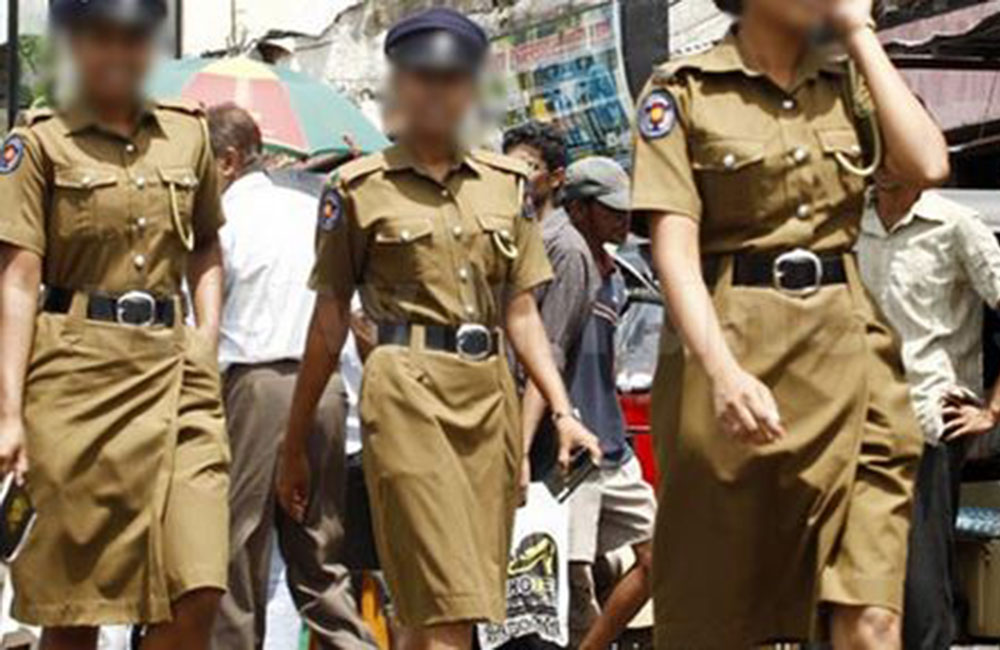
Super woman cop guilty of child abuse
Sri Lanka's Supreme Court fined an award-winning woman police officer for illegally detaining and intimidating a teenage girl to frame a local politician for rape, officials said Friday.
Chief Inspector Waruni Bogahawatte was also ordered to pay 100,000 rupees as compensation to the victim while the state was also ordered to pay 50,000 rupees in the hearing earlier this week.
The 15-year-old girl was forced by Bogahawatte to undergo repeated medical examinations to establish if she had been sexually attacked.
A three-judge bench held that Bogahawatte, who won the best woman officer award in 2017, had abused her authority and violated the girl's fundamental rights and also intimidated her family.
Local media had hailed her at as a "super woman" chasing child abusers and sexual offenders.
The court heard that Bogahawatte repeatedly forced the girl from the southern town of Akuressa to make a false statement against a low-level politician who faced several unrelated rape allegations.
When the girl insisted she had not been raped or sexually molested by the politician, Bogahawatte had illegally detained her at Matara police station in 2012 and subjected her to four medical examinations which proved negative.
Bogahawatte also locked up the girl in a cell with an adult offender, violating rules in dealing with juveniles. The court felt that the girl, who cannot be identified by the media, had been treated as a perpetrator rather than a potential victim of a crime.
"This court also takes an opportunity to note with concern the increasing number of incidents of abuse of power by law enforcement authorities.
"There is no doubt that what is brought before courts is a fragment of the totality of incidents taking place across the country," the judges said Wednesday in their 24-page decision seen by AFP.
A senior police source told AFP they would immediately withdraw the awards given to Bogahawatte and she would also be subjected to an internal investigation and risked losing her job.
Another women's organisation which granted her a "Top Career Woman" award in 2014 said it was reviewing the case.
The Supreme Court asked police to remind their staff of the need to protect the basic rights of individuals. (AFP)
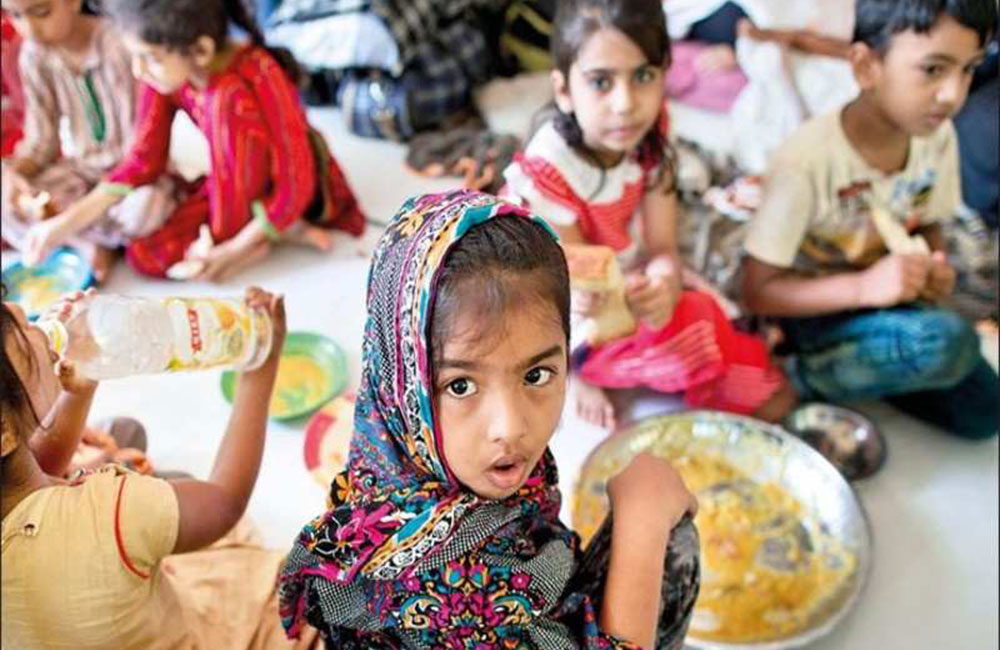
AI urges Govt. to halt forced returns of Pakistani religious minorities
The Sri Lankan government must immediately halt plans to forcibly return asylum-seekers to their countries of origin in violation of international law, international human rights watchdog Amnesty International said.
Individuals from Pakistani religious minority groups, in particular Christians and Shi’as who sought sanctuary in Sri Lanka over recent years and were displaced by the Easter Sunday attacks, have been detained and could be deported by the authorities in a move that would breach the customary international law principle of non-refoulement by putting them at risk of serious human rights violations, Amnesty International said.
“Sri Lanka must halt plans to forcibly return these people and put their lives in harm’s way. They have been forced from their homes twice now, first in their own countries and now in the country where they sought safety and shelter. By sending them back to face the threats they first fled, the authorities would be violating international law,” said Biraj Patnaik, South Asia Director at Amnesty International.
Refugees and asylum-seekers in Sri Lanka became a target of reprisal attacks in the wake of the Easter Sunday massacre that claimed the lives of more than 250 people when three churches and three hotels were bombed by an armed group claiming links to the so-called “Islamic State”. Wielding sticks and other weapons, mobs gathered outside the homes of refugees and asylum seekers, demanding they leave immediately. Grabbing the few possessions they could, they sought refuge in nearby police stations and community centres.
The people at risk of deportation have had their asylum claims rejected by the UN refugee agency. Under customary international law, however, the principle of non-refoulement applies to all people, regardless of their asylum status. No one can be sent to a risk of irreparable harm.
There are more than 1,200 refugees and asylum seekers who have been displaced by the violence in the aftermath of the 21 April 2019 attacks. They include more than 1,000 Pakistani Ahmadi Muslims, while the remaining 200 are mostly from religious minorities from Pakistan and Afghanistan, including Pakistani Christians, Pakistan Shi’as, and Afghan Shi’a Hazaras. The people at risk of deportation include Pakistani Christians and Pakistani Shi’as, religious minorities that have faced violence at the hands of armed groups and accusations of “blasphemy”, an offence that carries a maximum punishment of the death penalty.
“Sri Lanka has for years welcomed people fleeing persecution in their own countries. It should build on this positive record, not reverse it. There has to be a fair process, and no one should be deported to face serious human rights violations, whatever their status of their asylum claims,” said Biraj Patnaik.
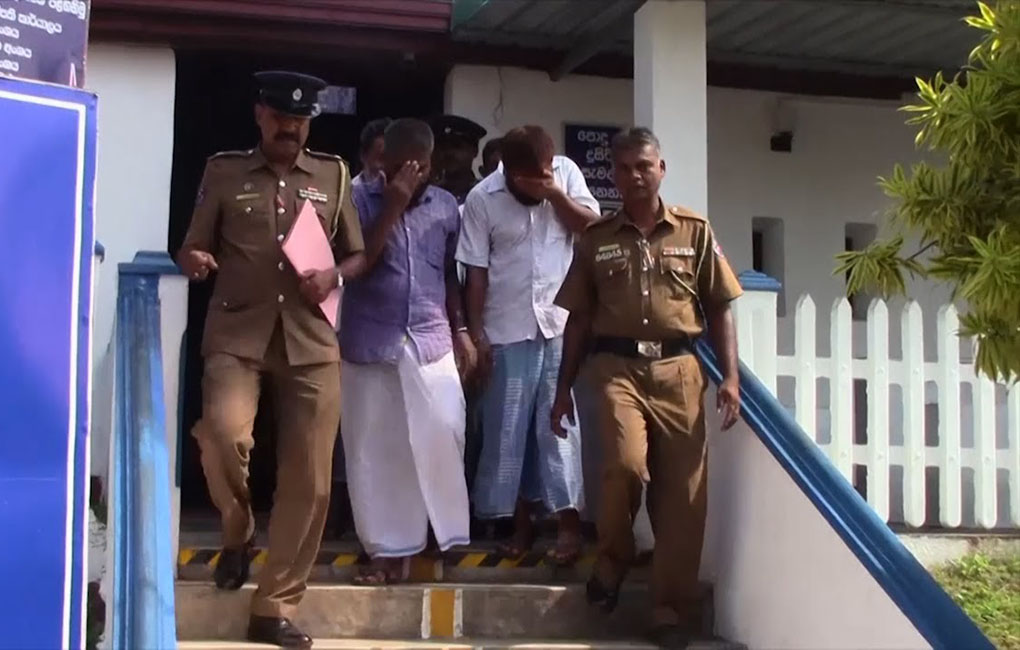
UAE repatriates five Sri Lankan suspects linked to Easter attacks
Police on Friday (14) said that five terror suspects who were arrested in Dubai in connection with the Easter Sunday suicide bombings were repatriated to Sri Lanka from Saudi Arabia.
The police said that a special Criminal Investigation Department (CID) team had left for Saudi Arabia on Tuesday to bring back the suspects.
The suspects were detained in Dubai following the attacks across the island nation, majority in capital Colombo, that claimed the lives of over 250 people.
Besides being a suspect in the April 21 attacks, initial police investigations have revealed that Mohamed Milhan, alias Abu Seelan, was responsible for the killing of two police constables at a checkpoint in Vavunathivu, Batticaloa on November 30, 2018.
Army Commander Mahesh Senanayake said last month that two suspects were arrested in Qatar and Saudi Arabia. He did not disclose the nationalities of the suspects, but official sources said they were Sri Lankans.
Sri Lankan authorities have arrested more than 100 people who had links with the NTJ and its leader Zahran Hashim who was one of two suicide bombers who attacked the Shangri-La hotel in Colombo.
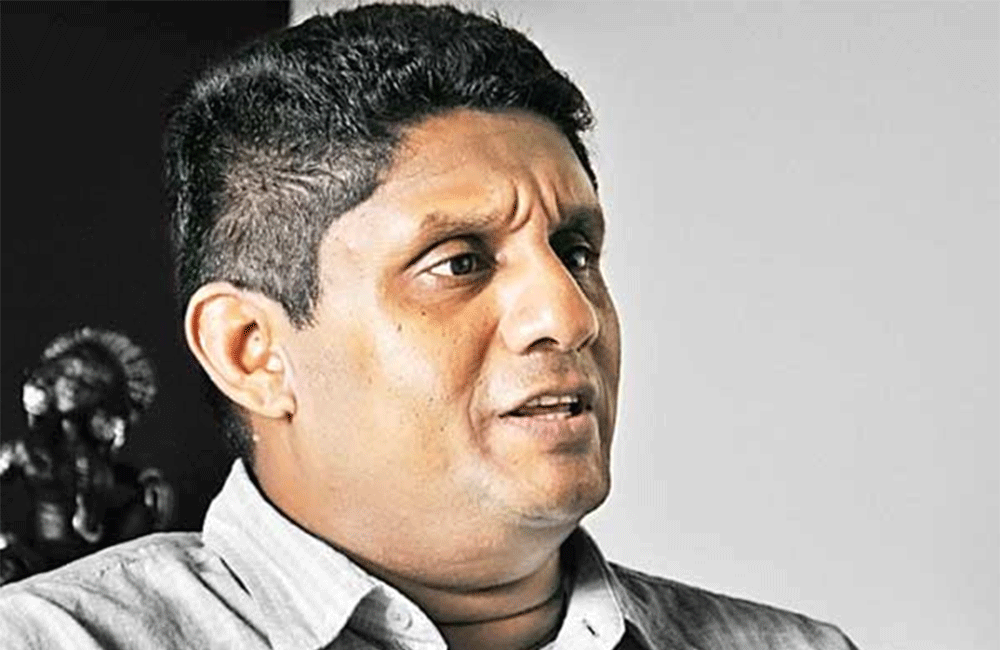
Sajith calls on Kabir to rejoin Cabinet to chart a new political future
The Deputy Leader of the United National Party (UNP) Sajith Premadasa called on UNP Chairman and former Minister Kabir Hashim to rejoin the Cabinet as soon as possible and take his place in the journey to chart a new political future for all Sri Lankans.
Issuing a statement yesterday, the Minister of Housing, Construction and Cultural Affairs said that both the country and the people need leaders of the calibre of Hashim, who set an example to leaders across the political spectrum when he sacrificed his cabinet portfolio in solidarity with the Muslim community.
Full text of statement by Minister Sajith Premadasa:
"At a time when the people of Sri Lanka see politicians as self-serving and power hungry, UNP Chairman Kabir Hashim set an example to leaders across the political spectrum when he sacrificed his cabinet ministry in solidarity with the Muslim community. I believe this act of courage by a senior cabinet minister who has not been accused of extremism or any wrongdoing has set a high bar for integrity and solidarity.
I understand why Hon. Kabir Hashim took this course of action. Seeing his cabinet colleagues falling victim to hate speech and a mob mentality, it was natural for a moral man, a decent man and a principled man like Kabir Hashim, to stand up to xenophobia and stand firmly between his colleagues and those who preach hatred and division along ethnic and religious lines.
Mr. Hashim is a leader who has been elected several times by voters of all communities, whether Sinhalese or Tamil, and of all religions, Buddhists, Hindus and Christians, in the Kegalle District. Even in 2010, when only 60 UNP MPs were elected to Parliament, Kabir Hashim was one of those who held the confidence of his electorate and did the party proud.
Yesterday’s protests in the Kegalle District calling upon Kabir Hashim to reenter the Cabinet of Ministers and reclaim his portfolio demonstrate that the people still have confidence in Kabir Hashim. Now, more than ever, this country needs experienced, educated professionals like Kabir Hashim to develop this country and unite our people across artificial cultural boundaries. As the Deputy Leader of the UNP, I believe the party too needs people of Kabir Hashim’s caliber at the frontlines of our mission to lead Sri Lanka into the future.
Now is not the time for people of his caliber to remain in the shadows. Now is the time for leaders to come forward, step up and play their part in charting the future of the UNP and the future of the country. I formally call upon Hon. Kabir Hashim to rejoin the cabinet as soon as possible and take his place in our journey to chart a new political future for all Sri Lankans.”

Australia relaxes travel advisory on Sri Lanka
Australia has removed the travel ban imposed on Sri Lanka, the Australian Foreign Ministry announced.
The latest advisory requests Australian tourists to exercise a 'high degree of caution' when travelling.
China, Switzerland, India, Germany and Italy together with many other countries have already removed their travel bans while advising tourists to 'travel with caution' instead of 'do not travel.
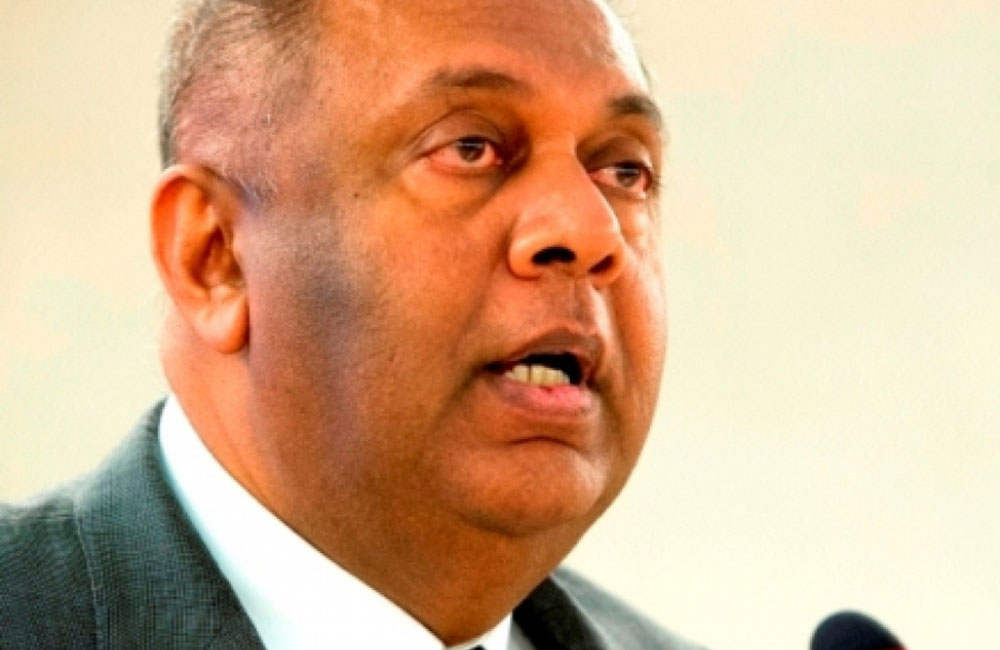
Pension anomalies of 500,000 state sector employees to be removed from July 01
The proposal made by Finance Minister Mangala Samaraweera in his budget 2019 to remove the pensioners’ salary anomalies will be implemented effective from next month, the Ministry of Finance said.
Accordingly, over 500,000 public servants who retired before December 31, 2015, will be benefited by the removal of this salary anomaly.
The monthly salary of the public servants who retired before 31.12.2015 will be increased by minimum of Rs.2,800 and the maximum of Rs.20,000. These pensioners will receive this monetary benefit based on the removal of the anomaly that existed in the pension of those who retired before December 2015.
This salary anomaly was created as a result of those who retired before December 31, 2015 and others who retired thereafter were were considered under two different circulars, a Finance Ministry spokesperson said.
Pensions were paid to the public servants who retired before December 31, 2015 under Circular 05/2015 and their counterparts who retired thereafter were paid pensions under Circular 03/2016. The salary amendments are made systematically until 2020 for the pensioners coming under 03/2016 and their basic salary will be increased by 107 per cent in 2020 when compared with that of 2016.
Accordingly, the salary of a retired KKS Grade I who retired before 31.12.2015 has been increased by Rs.2800. The salary of a retired Management Assistant Grade I has been increased by Rs.5,200 under the proposed new pension scheme.
Pension of Teacher in Grade one service I will be increased by Rs.9,200 and the salary of a retired Nursing Officer will be increased by Rs.9,200.
The salary of a retired Police Sergeant will be increased by Rs.4200.
A retired senior executive officer will get an increase by Rs.16,000 and the salary of a ministry secretary who retired before 31.12.2015 will be increased by Rs.20,000.
Following is the sample Salary Increment criterion for retired pensioners of different designations.
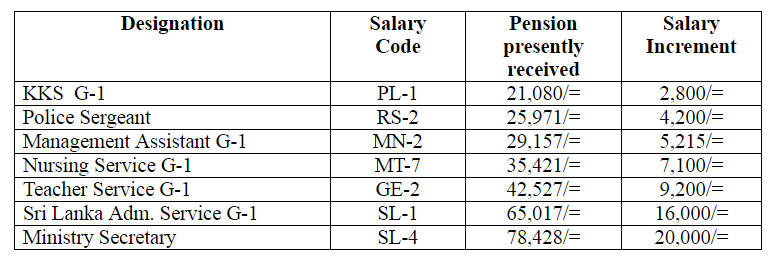
Finance Minister Mangala Samaraweera in his Budget – 2019 had announced the removal of this pension anomaly of over 500,000 pensioners and had allocated Rs.12,000 million in the budget to pay these salary increments to pensioners.
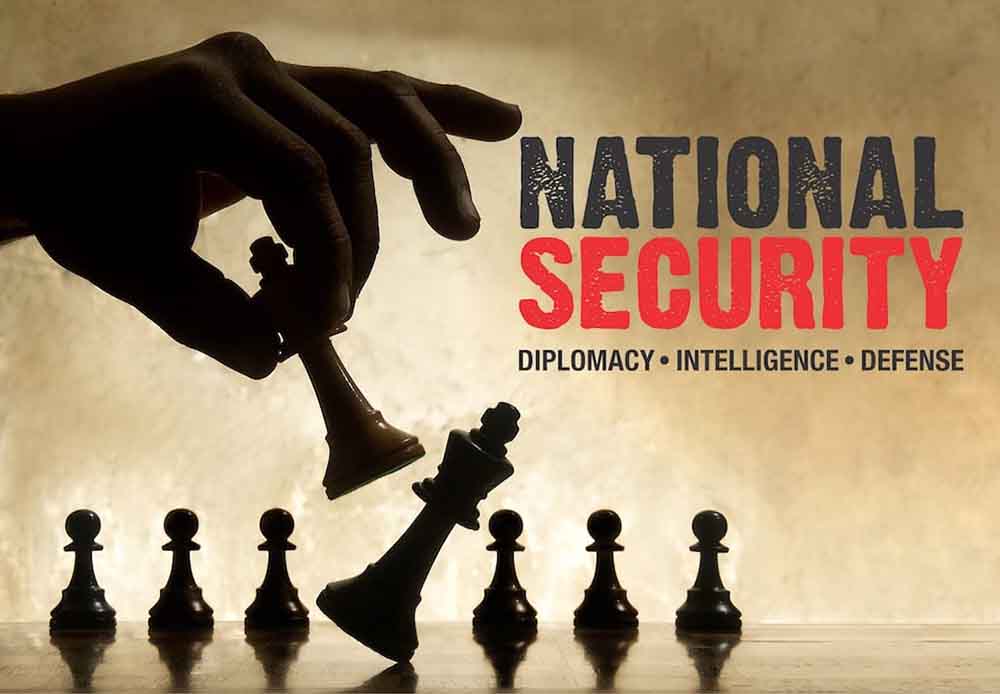
Sri Lanka, India and Maldives to revive NSA-level security dialogue
Sri Lanka, India and the Maldives are planning to revive their tri-nation national security adviser-level security dialogue, in the backdrop of Colombo terrorist strikes and following Prime Minister Narendra Modi’s outreach to Male and Colombo, the first foreign destinations he chose to visit in his second term. The talks had been put on hold five years ago, because of the approach of the then Yameen regime in the Maldives.
Mauritius and the Seychelles might also be included in this dialogue at a later stage as was originally envisaged. Growing terrorist networks in the Indian Ocean Region and maritime security that enables India to maintain its role as the net security provider in the region will top the agenda of the tri-nation NSA dialogue and its expanded format, people familiar with the matter said. Growing terrorist network including rising presence of ISIS is a challenge for all three — India, Maldives and Sri Lanka.
Modi’s weekend visit to Male and agreements concluded during that trip, and inauguration of a radar network and defence training centre, have underlined India’s critical role as the net-security provider in the region, where China is trying to increase its influence. Similarly, during his brief visit to Colombo on Sunday, the PM emphasised on India’s support to counter terror.
Among the other two nations, the Mauritius PM was on the invitee list for Modi’s swearing-in ceremony on May 30. The Seychelles has also figured high as part of Modi’s Indian Ocean outreach and the appointment of a former army chief as the high commissioner to the archipelago nation underlines India’s objectives in the region.
Three NSA-level meetings on maritime trilateral cooperation had earlier been held — Male (2011), Colombo (2013) and New Delhi (2014). At the meeting hosted by New Delhi, Mauritius and the Seychelles were present as guest countries. Later, Mauritius was unwilling to join any NSA dialogue in the presence of then president Mahinda Rajapaksa, whose record was marred by human rights issues. The Maldives was scheduled to hold the fourth NSA-level meet but the Abdulla Yameen regime did not take the the initiative. Now, a change of guard in Male has revived hopes for resumption of the talks.
Page 464 of 664